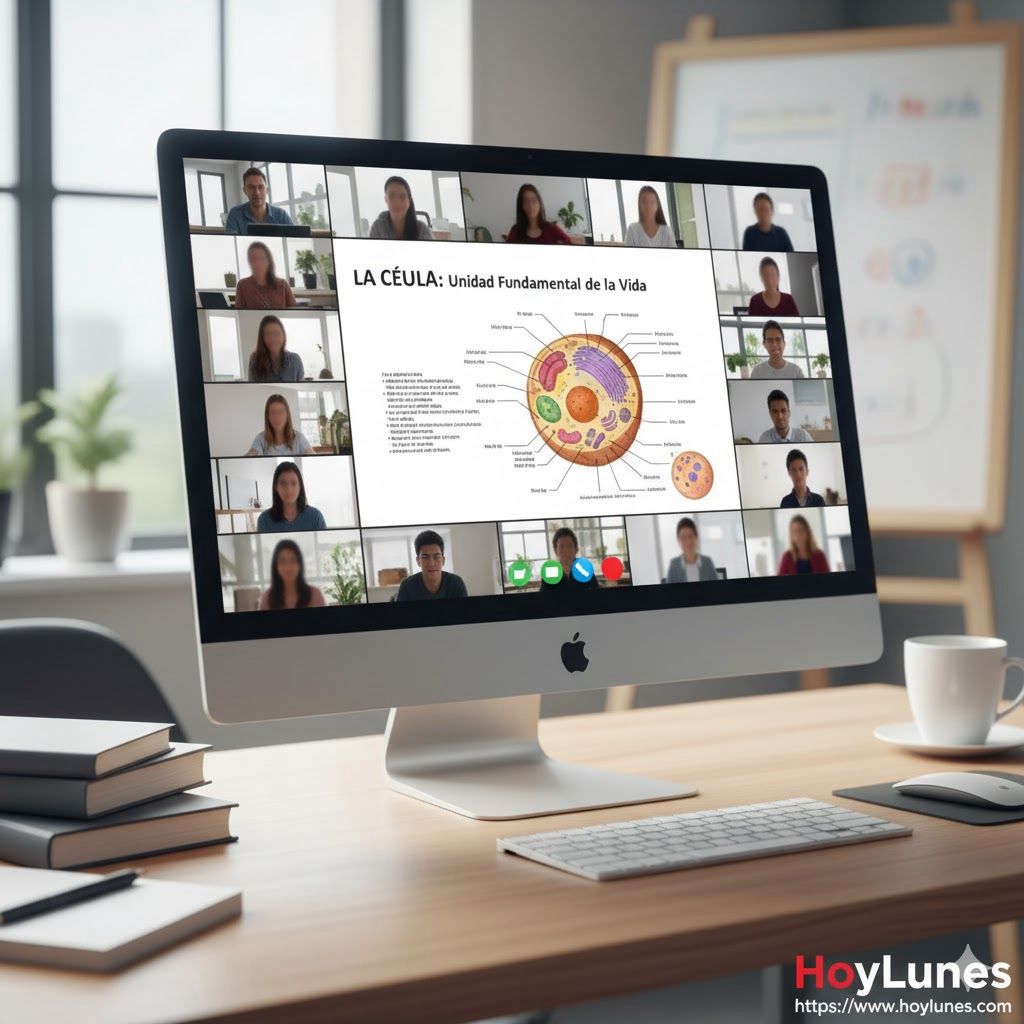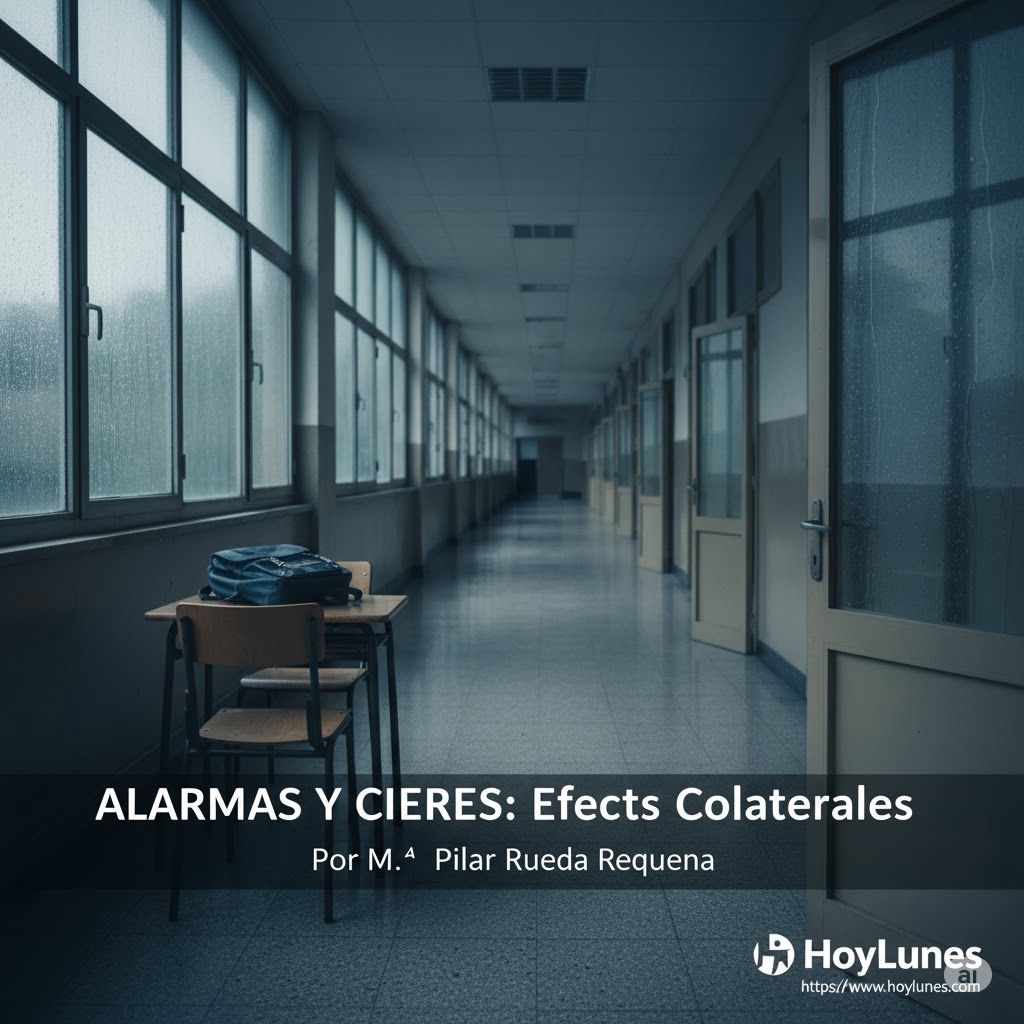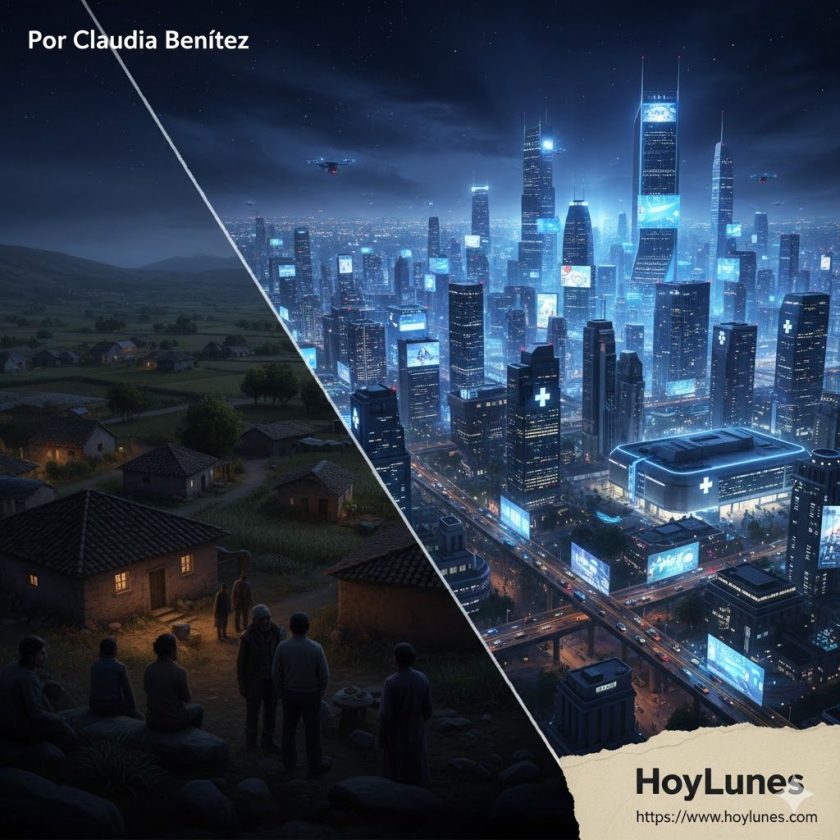When prevention turns into disconnection: school closures due to climate change reveal the urgent need for a more flexible, digital, and human educational system.
By M.ª Pilar Rueda Requena
HoyLunes – Over the past year, we have observed with growing concern the increasing tendency to close schools and other public institutions in response to adverse weather forecasts, such as floods and heavy rains attributed to climate change. These decisions, often made under the pressure of extreme alerts, generate a crisis for students, families, workers, and society as a whole. The magnitude of the collateral effects caused by these closures invites us to reflect on the need to include, within prevention plans, other measures capable of mitigating these impacts.
In this context, it is essential that emergency prevention strategies not be limited solely to evacuation or physical safety measures, but also consider alternative solutions to in-person classes. For example, in cases of red alert—when the risk is extreme—total suspension of work and school attendance is justified. Under an orange alert, closures may also be decided as a precaution. In both scenarios, to minimize psychosocial risks, online classes could be implemented, allowing students to continue their academic activities from home.
The current education law (LOMLOE) specifies the need to establish prevention and action plans in emergency or risk situations. Another point highlighted in the law is the promotion of technological innovation and the use of ICT (Information and Communication Technologies).
However, in practice, it seems that educational centers are not progressing adequately in this area, as not all know how to adapt to adverse weather conditions and risk situations. In doing so, they effectively accept the absence of educational alternatives to face-to-face learning, leaving students in an incomprehensible vacuum, devoid of logic and educational coherence.
Among the main groups affected by these closures are students. While they may initially view it as an enjoyable day at home, in the long run this can lead to a loss of responsibility, since the missed work and activities are not properly compensated. This should serve as a driving force toward an educational transformation that goes beyond the traditional face-to-face model. The integration of technological resources and digital platforms into teaching can foster a learning process adaptable to different circumstances, while also promoting technological skills, responsibility, and maturity among students.
To achieve this, it would be advisable for institutions to implement virtual teaching systems—whether through live streaming, recorded sessions, or educational platforms—so that parents can decide, depending on their availability, whether to opt for in-person or online learning during alerts. Online education allows pedagogical continuity without excessively altering the school calendar.
Families are also deeply affected. Many mothers, fathers, and caregivers struggle to balance their work responsibilities with the care of their children during these closures. The lack of safe centers in high-risk areas forces many families to request work leave—sometimes unpaid—to stay home with their children. This can lead to stress, loss of income, and disruptions to daily life.

Implementing digital solutions and planning online educational alternatives are key strategies to mitigate the collateral effects of closures caused by weather alerts. The model of the *economy for the common good* promotes values such as cooperation and solidarity in these situations, encouraging mutual support and the creation of volunteer networks to assist children whose families may face difficulties due to health, work, or other circumstances. This also includes supporting teachers who, by proximity or other reasons, may be able to provide such assistance.
It is essential, as the law establishes, that public educational centers, in collaboration with families and communities, develop protocols that guarantee educational continuity without compromising work or family stability. In doing so, we promote a more comprehensive and resilient response to the challenges imposed by climate change.
The difficulties of balancing work and education due to a lack of childcare resources can generate significant stress within families, which in turn negatively affects employers’ productivity.
For teaching staff, these challenges translate into delays in educational programs and the need to reorganize schedules and teaching methods. To address this reality, it is crucial to train both teachers and students in the use of digital tools, thus ensuring effective access and participation in remote activities. Furthermore, in cases of prolonged interruptions, educational materials should be distributed in accessible formats—whether printed or downloadable—so that students can stay up to date.

Another key strategy involves establishing complementary distance education plans designed specifically for different educational levels, ensuring that curricular content can be adapted to remote modalities without compromising quality.
Amid all these challenges arises the question of how to recover lost school days. Is it possible to reorganize the school calendar? One option might be to allocate an additional week at the end of the academic year to recover or extend the schedule accordingly.
The implementation of these strategies requires planning, dialogue, and adaptation in school management. They should form part of prevention and safety plans to put an end to last-minute improvisation.
In a context where lost days affect comprehensive education, these values can foster a spirit of collaboration and shared responsibility, encouraging everyone to seek creative and sustainable solutions—such as reorganizing the calendar or using technological resources.

It is increasingly necessary and urgent to adapt to the unpredictable circumstances imposed by external challenges related to climate change, which demand innovative, creative, and sustainable solutions. This means stepping out of the comfort zone of traditional educational protocols to ensure the fulfillment of the principles enshrined in the law—promoting inclusive, participatory, and consensus-based education oriented toward values formation. Society as a whole will benefit from these changes, which will help us progress adequately toward the common good.

#hoylunes, #m.ª pilar_rueda_requena,



